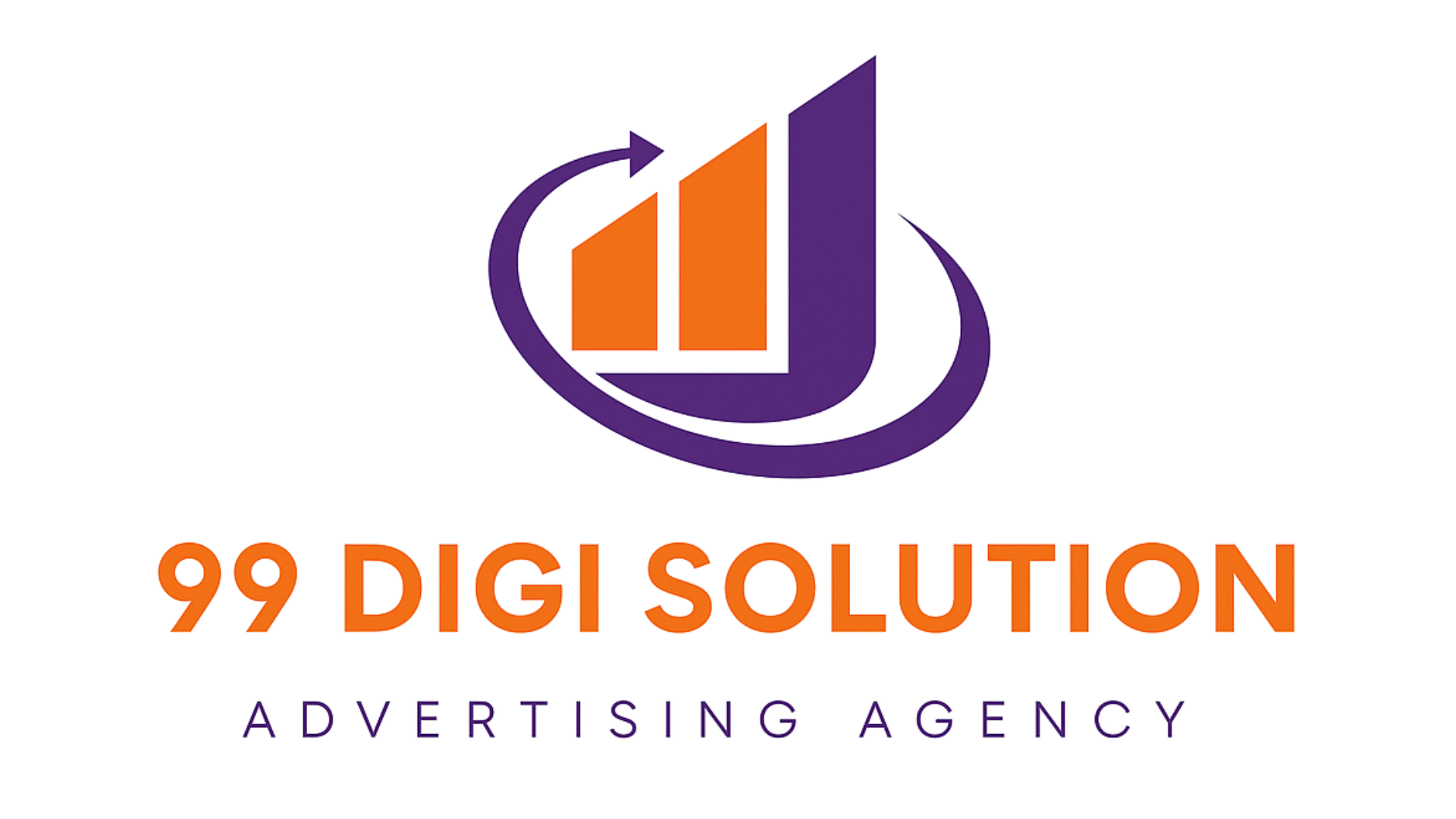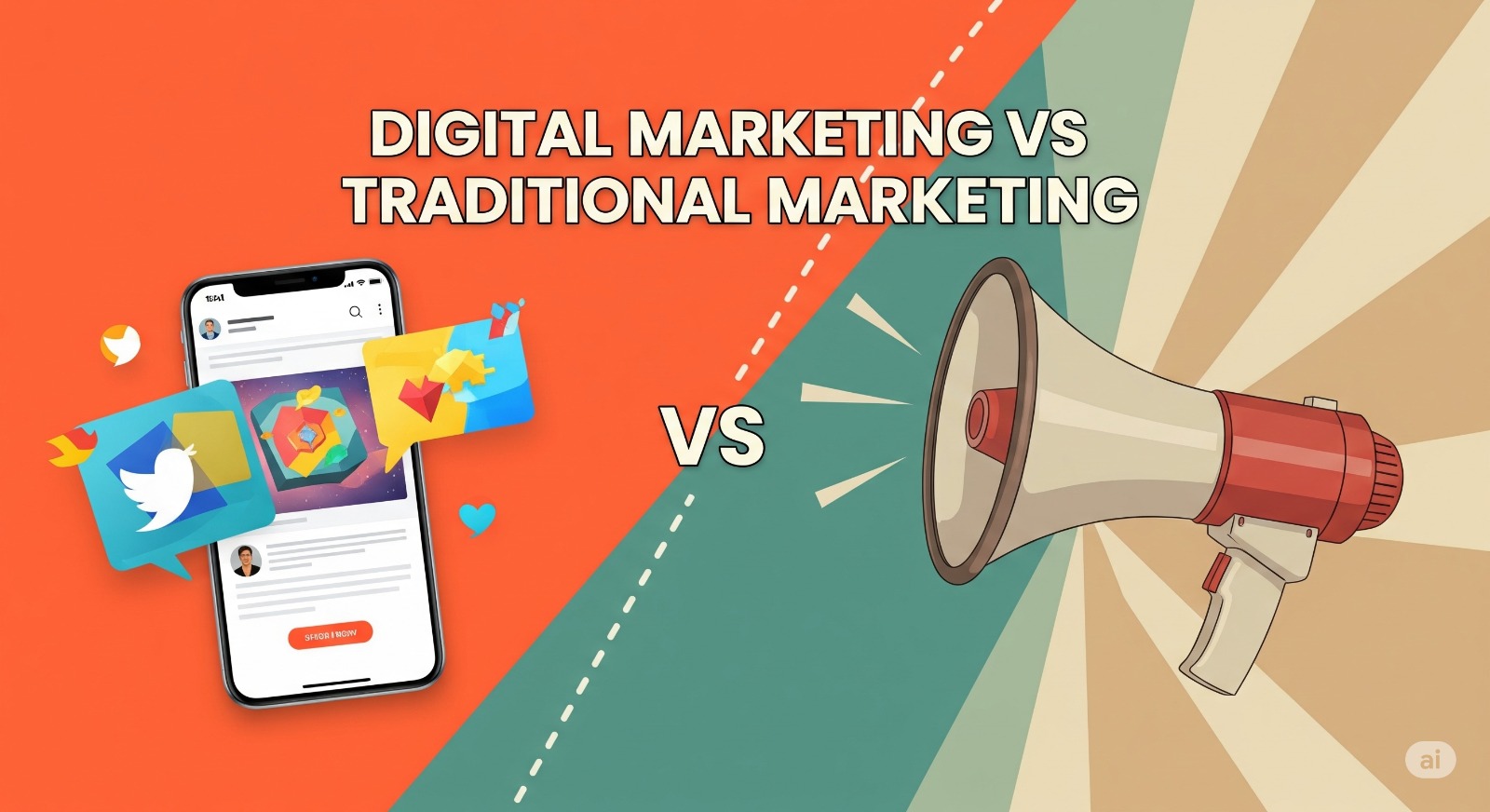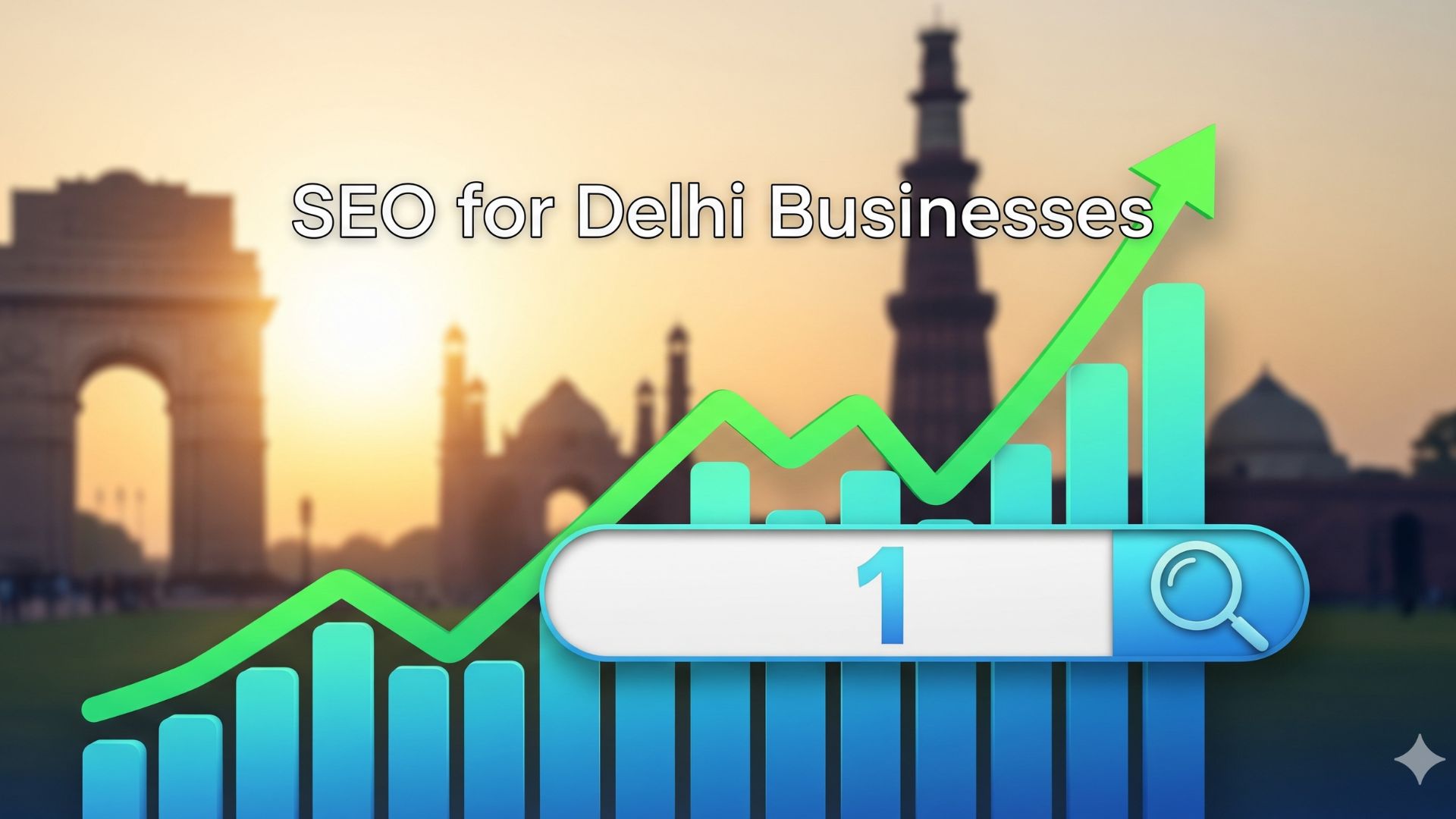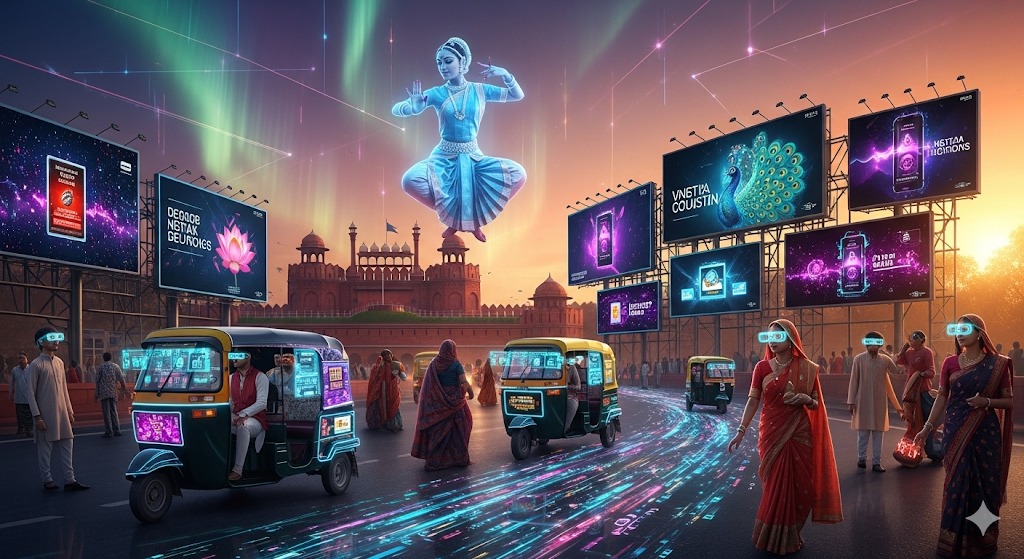Introduction
Digital vs Traditional Marketing is the lifeblood of any business, but as the digital world expands, many companies are faced with a critical question: should they invest in digital marketing or stick with traditional methods? In this article, we’ll compare both approaches to help you decide what’s best for your business goals in 2025 and beyond.
What Is Traditional Marketing?
Traditional marketing includes all offline forms of marketing such as:
- Television ads
- Radio commercials
- Print media (newspapers, magazines)
- Billboards and posters
- Direct mail (flyers, postcards)
These methods have been around for decades and can be highly effective for reaching broad, local audiences.
What Is Digital Marketing?
Digital marketing refers to online-based strategies and tools that promote products or services via:
- Search engine optimization (SEO)
- Social media marketing
- Pay-per-click advertising (PPC)
- Email marketing
- Content marketing (blogs, videos, infographics)
It allows businesses to reach highly targeted, global audiences through digital platforms.
Key Differences Between Digital vs Traditional Marketing
| Feature | Traditional Marketing | Digital Marketing |
| Reach | Local or regional | Global and scalable |
| Cost | Expensive | More cost-effective |
| Targeting | Broad and general | Highly specific and segmented |
| Tracking Results | Difficult to measure | Real-time analytics available |
| Interactivity | One-way communication | Two-way interaction with users |
| Flexibility | Less adaptable | Easily changeable and testable |
Pros and Cons
Traditional Marketing Pros:
- Great for local brand awareness
- Tangible materials leave lasting impressions
- Reaches audiences with limited internet access
Traditional Marketing Cons:
- High cost and lower ROI
- Difficult to track performance
- Limited targeting options
Digital Marketing Pros:
- Data-driven decisions and detailed analytics
- Budget-friendly for small businesses
- Higher engagement and personalization
Digital Marketing Cons:
- Can be overwhelming due to many platforms
- Requires ongoing optimization and strategy
Which One Should You Choose?
The right choice depends on your business type, goals, and audience. If your audience is tech-savvy and uses smartphones regularly, digital marketing is essential. However, if you’re targeting an older demographic or a very local audience, traditional marketing can still be effective.
Best Strategy: Combine Both
Many successful brands today use an integrated approach called omnichannel marketing—combining the best of both worlds. For example, a local store may use newspaper ads to raise awareness and Facebook ads to drive engagement and conversions.
FAQs
Q: Is digital marketing cheaper than traditional marketing?
A: Yes, digital marketing is generally more cost-effective and scalable for small to medium businesses.
Q: Can traditional marketing still be effective in 2025?
A: Yes, especially for local businesses and older target demographics.
Q: What’s the biggest advantage of digital marketing?
A: The ability to track, test, and adjust your campaigns in real time for better performance.
















































